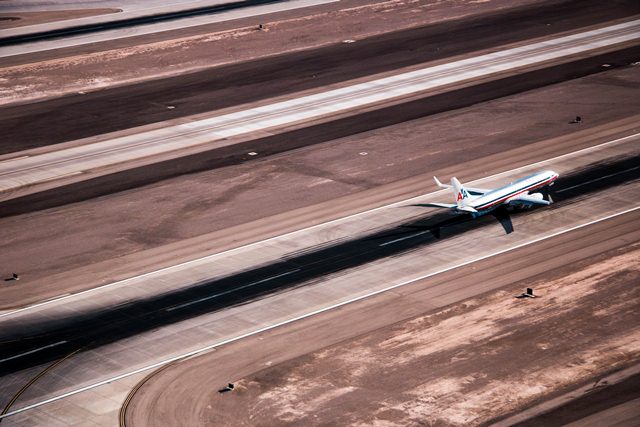 Air carriers could burn through US$61 billion of their cash reserves and post a net loss of $39 billion during the second quarter if severe travel restrictions last for three months, according to a new analysis by the International Air Transport Association (IATA).
Air carriers could burn through US$61 billion of their cash reserves and post a net loss of $39 billion during the second quarter if severe travel restrictions last for three months, according to a new analysis by the International Air Transport Association (IATA).
In this scenario, full-year demand falls by 38% and full-year passenger revenues drop by $252 billion compared to 2019. The fall in demand would be deepest in the second quarter ending June 30, 2020, with a 71% drop, IATA said.
Revenues are expected to fall by 68% in the second quarter, which is less than the expected 71% fall in demand as cargo operations have continued, although at reduced levels.
Variable costs are expected to drop by some 70% in the second quarter in line with an expected 65% cut in second-quarter capacity and sharp drop in the price of jet fuel. Semi-fixed costs (including crew costs) are also seen to be reduced by a third.
These changes to revenues and costs result in an estimated net loss of $39 billion in the second quarter.
Airlines are also facing a colossal $35 billion liability in the second quarter from refunding sold but unused tickets as a result of massive cancellations resulting from government-imposed restrictions on travel.
“Cash burn will be severe. We estimate airlines could be burning through $61 billion of their cash balances in the second quarter,” said IATA.
“Airlines cannot cut costs fast enough to stay ahead of the impact of this crisis. We are looking at a devastating net loss of $39 billion in the second quarter. The impact of that on cash burn will be amplified by a $35 billion liability for potential ticket refunds. Without relief, the industry’s cash position could deteriorate by $61 billion in the second quarter,” said Alexandre de Juniac, IATA’s director general and CEO.
Several countries are responding positively to the industry’s need for relief measures through specific financial or regulatory aid packages to the industry. Among these are Colombia, the United States, Singapore, Australia, China, New Zealand and Norway.
Most recently, Brazil, Canada, Colombia, and the Netherlands have relaxed regulations to allow airlines to offer passengers travel vouchers in place of refunds.
“Canada, Colombia, and the Netherlands are giving a major boost to the sector’s stability by enabling airlines to offer vouchers in place of cash refunds. This is a vital time buffer so that the sector can continue to function. In turn, that will help preserve the sector’s ability to deliver the cargo shipments that are vital today and the long-term connectivity that travelers and economies will depend on in the recovery phase,” said de Juniac.
Photo by Julio Rivera on Unsplash





